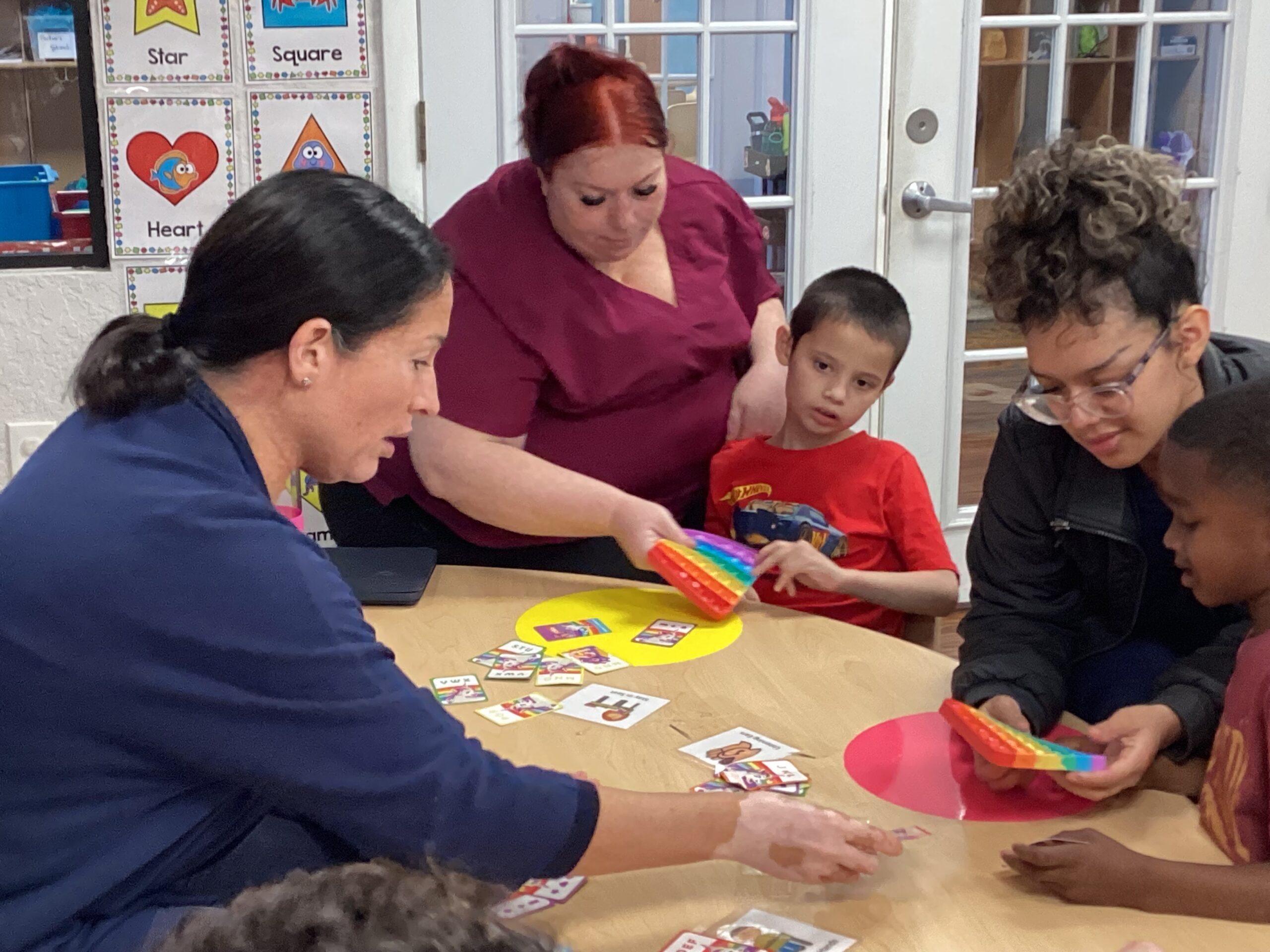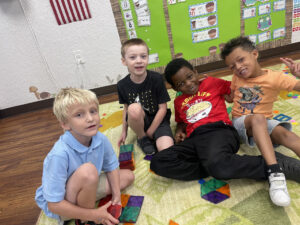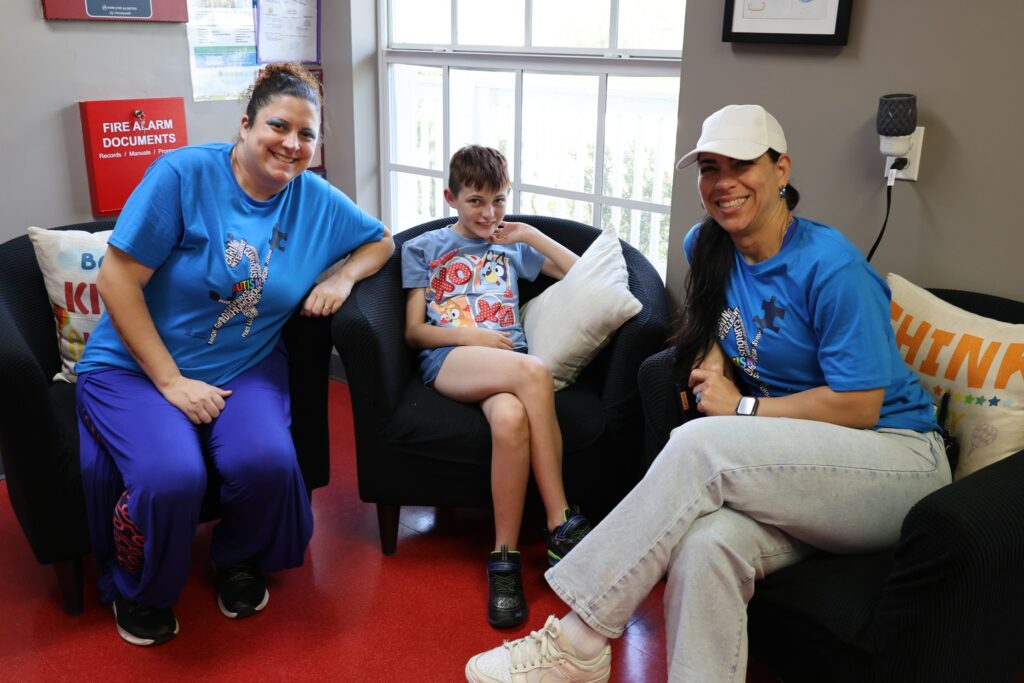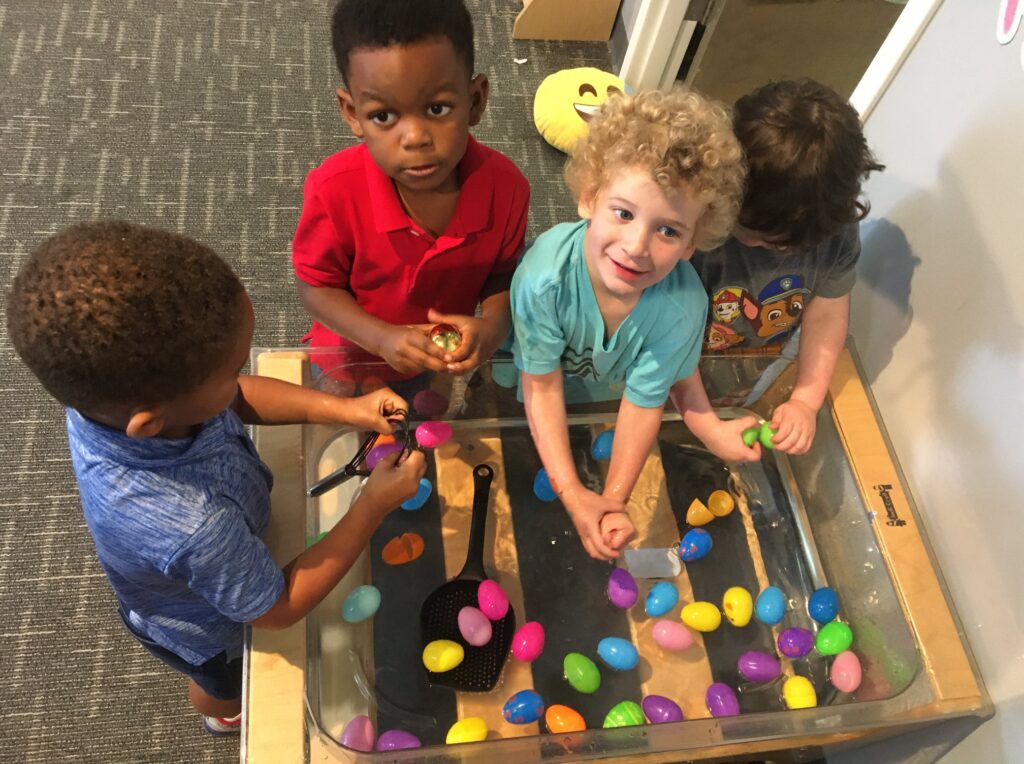Building and maintaining friendships can sometimes feel overwhelming for neurodivergent children. Social cues, understanding relationship dynamics, and practicing empathy can present unique challenges, leaving parents eager to find supportive strategies that help their children thrive socially. At Puzzle Box Academy, every child deserves the chance to form meaningful connections that foster happiness and growth.
This post shares practical strategies for helping parents guide their neurodivergent children through building friendships. It also explores why inclusive environments—at home, in schools, and within the community—are pivotal for supporting neurodivergent kids socially.

The Importance of Friendship for Neurodivergent Children
Friendships are more than just playdates and conversations—they allow children to grow emotionally, socially, and cognitively. For neurodivergent children, friendships offer critical learning experiences that build self-confidence, develop communication skills, and cultivate empathy. However, these relationships might require tailored approaches considering their needs and communication styles.
Understanding and proactively addressing these challenges can ensure your child has the tools to connect meaningfully with others.
Common Social Challenges
Neurodivergent children often experience:
- Difficulty interpreting social cues like facial expressions or body language.
- Sensory sensitivities can make group settings or playdates overwhelming.
- Struggles with communication, such as starting or maintaining conversations.
- Trouble understanding unspoken rules of social interaction, like taking turns or sharing.
These challenges can sometimes lead to feelings of isolation. But with guidance, encouragement, and the right strategies, children can and do form meaningful, lasting relationships.
Strategies to Help Neurodivergent Children Build Friendships
Here are several actionable ways to help your child develop their social skills and feel empowered in their interactions with peers:
1. Foster Social Skills with Structured Practice
Role-playing and structured activities are fantastic ways for children to learn and practice social skills in a supportive, low-pressure environment. For example:
- Create scenarios where they practice greeting a new friend, asking to join a game, or resolving conflicts.
- Use visual prompts (like cartoons or flashcards) to help explain social cues like smiling or making eye contact.
Consistent practice can gradually help children feel more prepared and confident in real-world social situations.
2. Focus on Their Interests
Encouraging your child to engage in activities they genuinely enjoy—Legos, music, art, or coding—can help them find peers with shared interests. Clubs, extracurricular classes, or community events aligned with these hobbies provide a natural environment for friendships to flourish.
For example, a child who loves dinosaurs might find like-minded friends in a local science club.
3. Teach and Model Empathy
Modeling positive behavior at home and having conversations about emotions teaches children how to interpret and respond to the feelings of others. When conflicts arise in their interactions, gently guide them to ask questions like, “How do you think they feel?” to build emotional intelligence.
4. Take Playdates One Step at a Time
Playdates, while exciting, can be overwhelming for children navigating sensory sensitivities or anxiety. Here’s how to set them up for success:
- Start small: Arrange shorter, one-on-one playdates to minimize sensory overload.
- Offer structure: Plan specific, predictable activities like a board game or baking cookies.
- Debrief afterward: Reflect on what went well and any challenges they encountered during the playdate.
Patience is key—this process takes time, and each child progresses at their own pace.
5. Promote Inclusivity and Understanding
Inclusivity begins with education. Speak with educators, community members, and other families about creating spaces where all children feel accepted and supported. Open conversations about neurodiversity can help reduce misunderstandings and foster peer acceptance.
Schools like Puzzle Box Academy provide tailored support for each child’s needs, nurturing an inclusive environment that empowers neurodivergent children to build relationships with confidence.
6. Celebrate Progress, Big and Small
Building social skills is a process, and celebrating every big or small victory goes a long way in boosting your child’s self-esteem. Did they say hello to another child on the playground? Tell them how proud you are. A positive attitude encourages effort and makes social victories feel rewarding.
The Role of Inclusive Environments in Building Friendships
Inclusive environments are vital to your child’s ability to connect with others. When schools, clubs, and local communities actively promote understanding, acceptance, and accommodations for all children, they create a foundation for neurodivergent children to succeed socially.
At Puzzle Box Academy, our classrooms and activities are built to support the needs of neurodivergent students while encouraging peer interactions. By providing individualized learning environments and fostering a culture of respect, we help children feel empowered to express themselves fully and authentically.
You’re Not Alone in This Journey
Supporting a neurodivergent child as they build social skills and friendships can feel like a long road, but remember—you are not alone. With love, patience, and practical tools, your child can grow socially and experience the joy of genuine friendships.
At Puzzle Box Academy, we support you every step of the way. Our programs and environments are designed to help children celebrate their unique abilities while providing them with the skills to succeed.
Open enrollment is happening now! Apply today to give your child the personalized support they deserve.
Helpful Resources for Parents and Caregivers
To support you in your journey, here are some valuable online resources that provide additional guidance and tools for supporting neurodivergent children:
Offers tips and strategies for helping children on the autism spectrum develop social skills and build meaningful relationships.
A resource for parents of neurodivergent children, providing insights and actionable advice on fostering social interactions and friendships.
A helpful tool to understand developmental milestones and support your child’s growth at their own pace.
Focused on navigating social challenges and practical advice for families of children with ADHD.
Provides comprehensive resources, support groups, and advice tailored to individuals and families navigating the autism spectrum.
These resources remind you that support and understanding are always within reach as you nurture your child’s growth.





